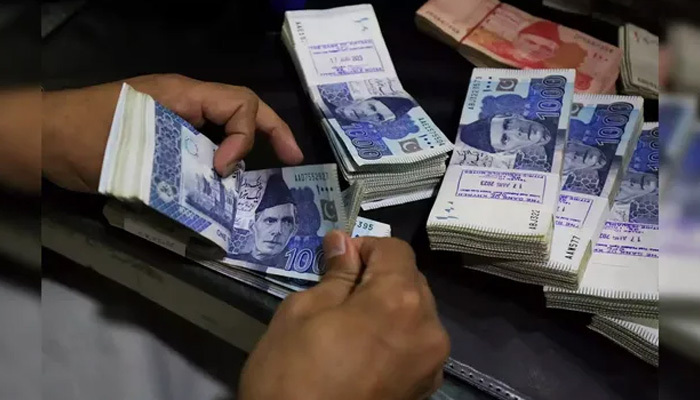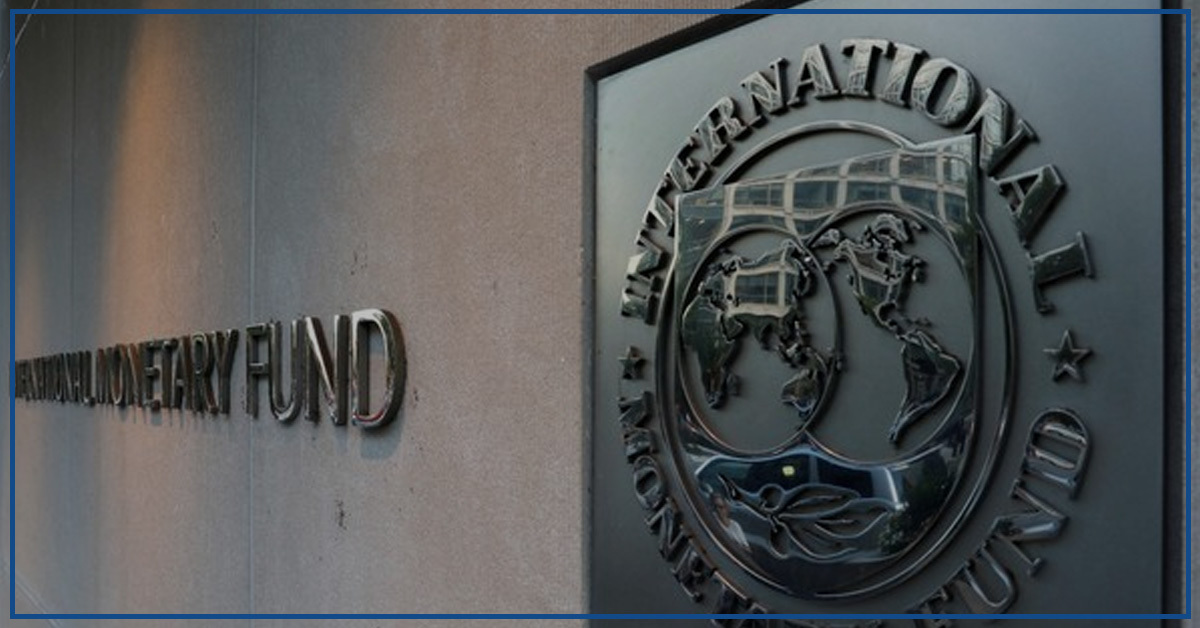The International Monetary Fund (IMF) has adjusted Pakistan’s foreign loan requirement for the current fiscal year to USD 25 billion, marking a reduction of USD 3.4 billion.
Additionally, the IMF has revised down Pakistan’s economic growth projection to a modest 2 percent. The inflation forecast has also been lowered to 22.8 percent for the fiscal year, down from the earlier estimate of 25.9 percent.
Notably, the IMF, during the first review talks, disagreed with the finance ministry’s projections on various economic indicators, including the current account deficit (CAD), imports, economic growth, inflation, and gross financing requirements.
The adjustments to the gross external financing requirements, encompassing funds needed to cover the CAD and repay maturing debt, were made during the inaugural review of the USD 3 billion bailout package conducted this week.
Despite disparities in projections, the IMF successfully secured a date for general elections, a notable achievement that involved certain compromises. The lender also extended its oversight to the Special Investment Facilitation Council’s activities.

The Express Tribune notes that the finance ministry’s spokesperson, Qamar Abbasi, refrained from providing comments on the matter.
Comparing the recent adjustments to estimates made in July 2023, the IMF has reduced the foreign loan requirement for the fiscal year from an initial USD 28.4 billion to the current USD 25 billion, reflecting a significant reduction of USD 3.4 billion.
Within four months, the Pakistani government has already borrowed USD 6 billion, with expectations of additional rollovers amounting to USD 12.5 billion.
The remaining financial needs stand at approximately USD 6.5 billion, aside from ongoing efforts to secure USD 12.5 billion in debt rollovers, as per sources cited by The Express Tribune.
The IMF’s involvement in shaping economic policies and aligning projections underscores its influence on Pakistan’s financial landscape. The adjustments made during the review signal a recalibration of expectations and requirements, reflecting the evolving economic scenario.
The report highlights the ongoing collaboration between Pakistan and the IMF, emphasizing the mutual efforts to address economic challenges and stabilize the country’s financial situation.





